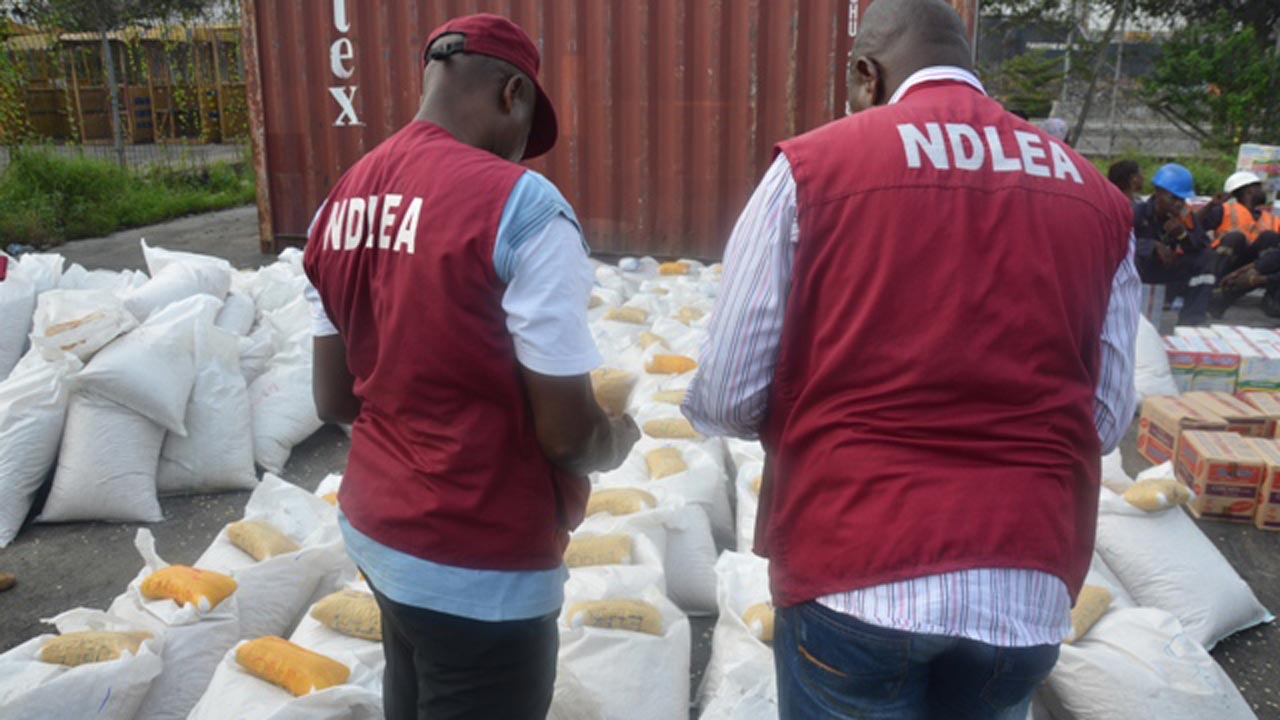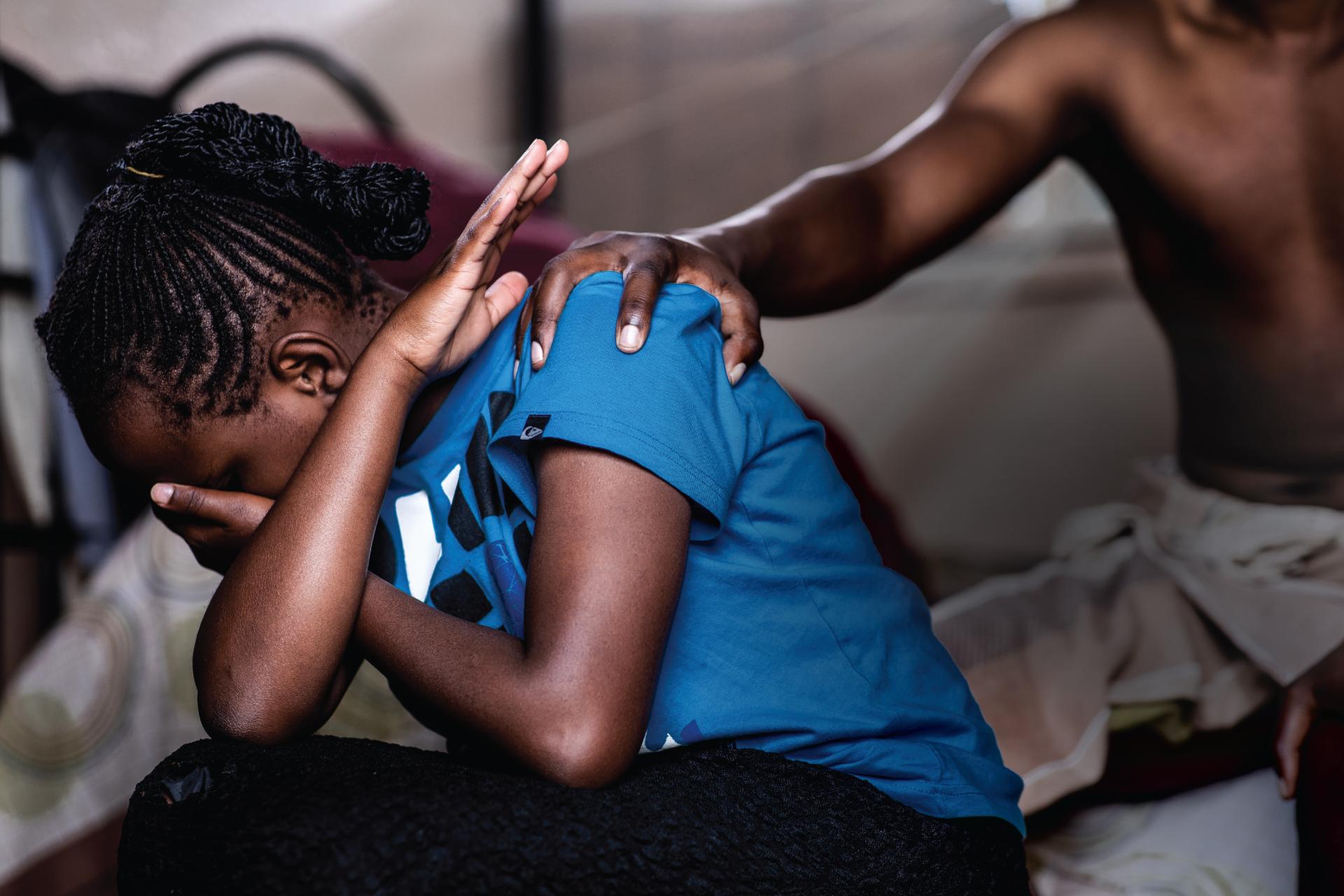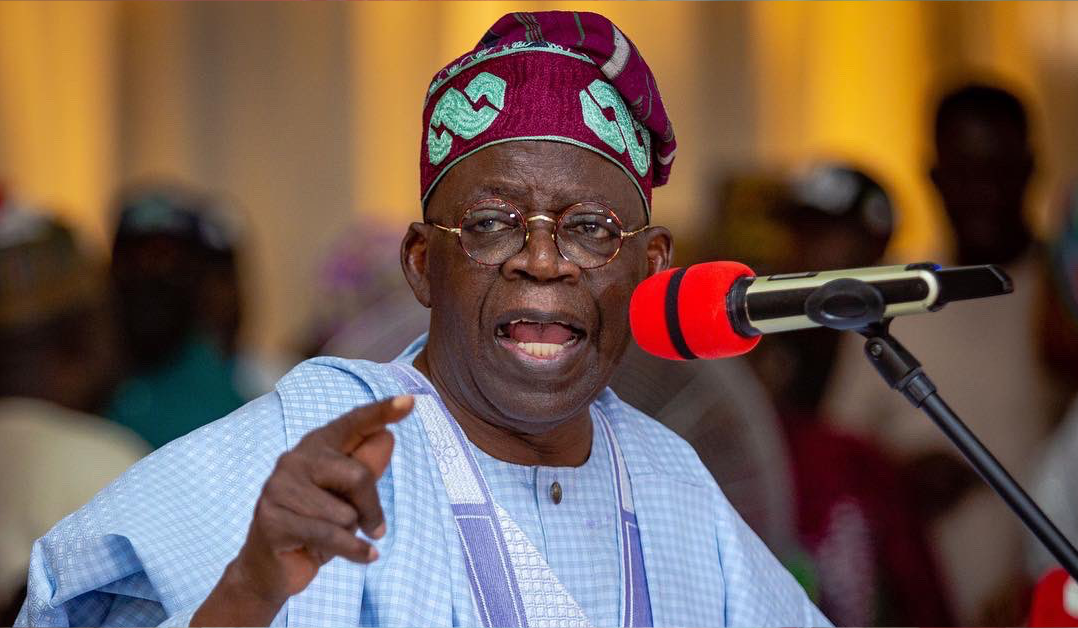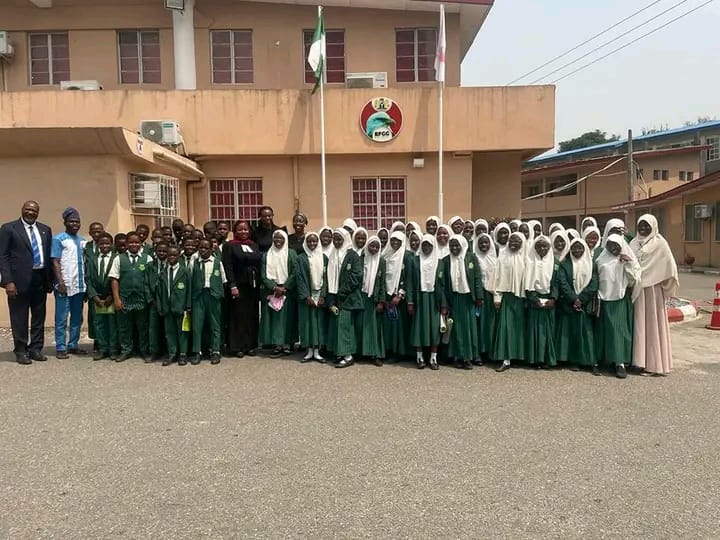Mohbad: Police declare Primeboy wanted, offer ₦1m for helpful info
By Abdurrahman Muhammad Following his failure to honour the police invitation successfully sent to him since the commencement of investigation into the circumstances leading to the death of Mr Ilerioluwa…
Who is watering the Nigerian grass?
By Bello Hussein Adoto A few days after someone glibly told me that the grass was greener in Nigeria, a young medical doctor Dr Diaso Vwaere was crushed to death…
Police arrest man over attempt to use son for money ritual in Lagos
By Uzair Adam Imam The Nigeria Police Force (NPF) in Lagos State have arrested a fifty-one year-old man, Mr. Poni Bada, for attempting to use his son for ritual. The…
Buhari launches Dangote Refinery in Lagos
By Ahmad Deedat Zakari Barely seven days before the expiration of his final tenure, President Muhammadu Buhari launched the long-awaited Dangote Refinery in Lagos. The newly commissioned refinery is the…
Lagos: Gun battle erupts as NDLEA chases suspected drug traffickers
By Uzair Adam Imam There was a gun battle between the National Drug Law Enforcement Agency (NDLEA) and drug traffickers in Lagos that lasted for about thirty minutes on Thursday.…
Defiled Muslim minor: MURIC demands justice
News Desk The fourteen (14) year old daughter of an Igbo Muslim, Mallam Tahir Akpan, has been reportedly defiled. The suspect, Emeka Emmanuel, 29, has been remanded in Kirikiri Correction…
Tinubu: Savouring the triumph of an ageless political colossus
By Lawan Bukar Maigana It is now an open secret that the former Governor of Lagos State, Bola Ahmed Tinubu, is now Nigeria's president-elect. For many who may not know,…
Lagos: Tinubu appeals for peace as hoodlums attack traders over APC’s loss
By Uzair Adam Imam Bola Ahmed Tinubu, the Presidential Candidate of the All Progressives Congress (APC), has urged the Lagos State people to avoid violence against his loss to Peter…
EFCC to inaugurate Integrity Club in Lagos college
By Ahmad Deedat Zakari The Economic Financial Crimes Commission (EFCC) is set to inaugurate the Commission's Integrity Club in a Lagos secondary school. On Wednesday, the Lagos Command of the…








